Summary
- Evolved video game villains have substantial motivations beyond traditional power-hungry goals.
- Understanding a villain’s perspective adds depth to the story, even if their actions aren’t justifiable.
- Villains like Asgore, Thomas Mutton, Albert Wesker exemplify nuanced characterizations and motivations in video games.
For most of the medium’s history, video game morality has been black and white. You have a protagonist serving as your avatar, and you have your stock bad guy. Their goals are simple: money, power or evil just for the sake of it. As video games evolved, though, we got villains who had more substantial motivations.
A good villain adds more to the story than the well-intentioned hero who takes them down. These characters ooze charisma, and even if we don’t agree with their goals, we believe that they believe they’re doing the right thing.
8
Asgore Dreemurr
Undertale
- Released
-
September 15, 2015
- Developer(s)
-
Toby Fox
- Publisher(s)
-
Toby Fox
, 8-4 - Engine
-
GameMaker
To understand Asgore, you have to see his side of things. King of the underground, he lost his son to humans and had his subjects imprisoned. The magical barrier keeping them trapped requires seven human souls to break. Why wouldn’t he make the necessary scarifice? A monster doesn’t have to respect humans, particularly when he’s never experienced their friendship.
His crown-wearing head lies uneasy though, because unlike most villains, Asgore knows he’s in the wrong. He’s taking the sin of murder onto his soul to free his people; he sees it as his duty to them. At least he feels bad about it.
7
Thomas Mutton
Catherine
- Released
-
July 26, 2011
- Engine
-
Gamebryo
You’ve probably already heard the tiresome debates about Japan’s aging population. Atlus decided to turn this concept into a game, and with that context in mind, Thomas Mutton’s motivation makes sense: he wants you to have kids.
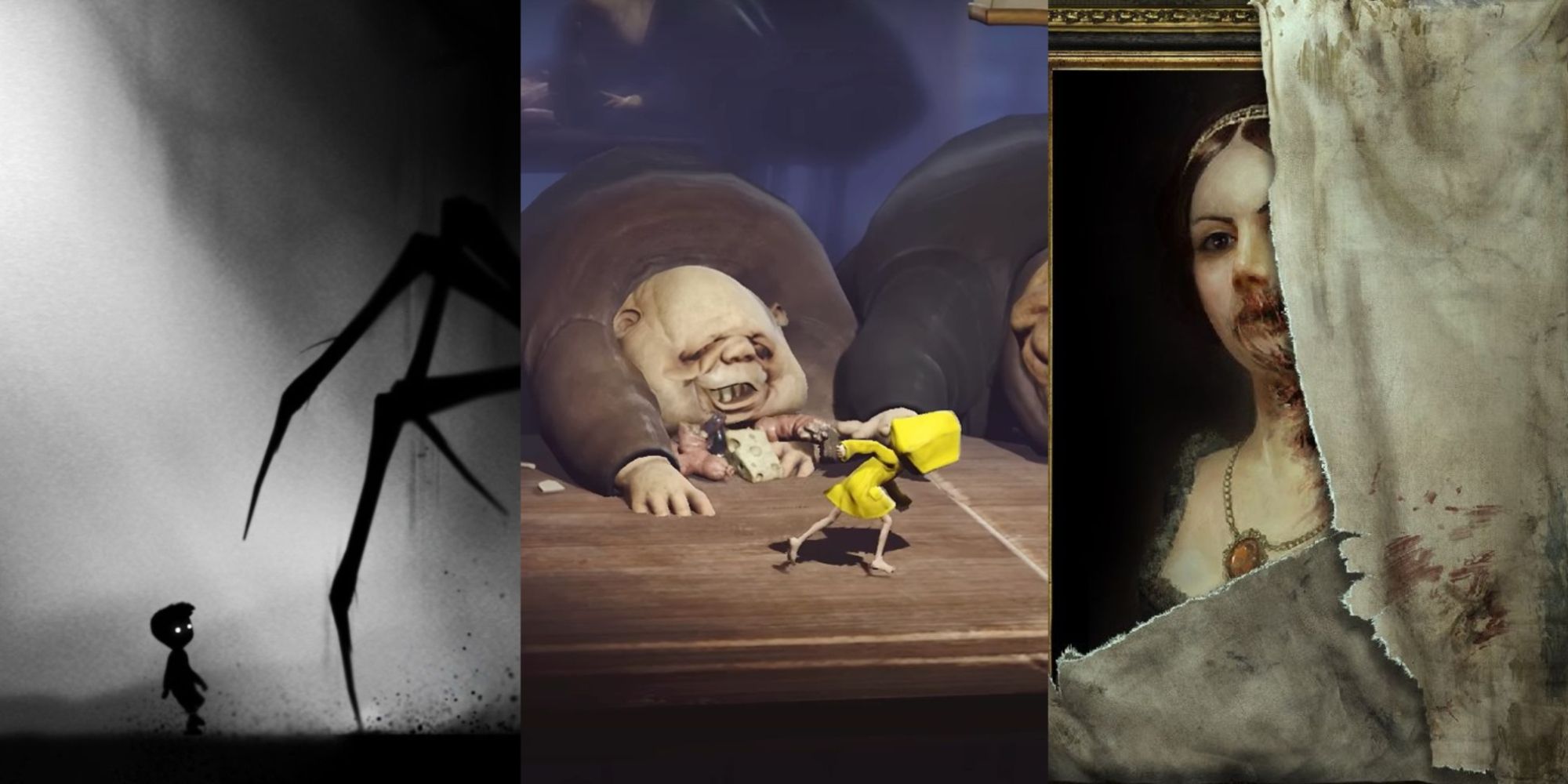
Related
Some of the best horror games in the history of the genre contain puzzles.
Annoyed at men who can’t settle down and have families, Mutton – a Sumerian deity who took up bartending – transports them in their dreams to an endless puzzle-platforming hellscape. They play by roguelike rules: permadeath is enabled, even once they stop dreaming.
6
Albert Wesker
Resident Evil 5
Survival Horror
Third-Person Shooter
Action-Adventure
- Released
-
March 5, 2009
- Engine
-
havok, mt framework
We never said that the best motivations have to be morally justifiable. At the outset, Albert Wesker’s goal isn’t much different from any other antagonist: world domination. What sets it apart is his sincerity: he does see the human race as flawed and in dire need of evolution.
As Chris punches through boulders to get to him, Wesker rants about his end goal. Humanity is weak, and he is poised to cull the species and let the strong survive. His reaction to the Progenitor virus is more favourable than its other unfortunate injectees, so he has reason to believe in his role as the best-suited candidate. Clearly, he didn’t check out the biceps on Chris though: humanity is anything but weak.
5
Alma Wade
Fear
F.E.A.R.
- Released
-
October 18, 2005
- Developer(s)
-
Monolith Productions
- Publisher(s)
-
Vivendi Universal
- Engine
-
havok, lithtech
Governments need to give up the idea of super-soldiers, because the process of creating them never ends well. Alma Wade was a victim of these efforts too: in a bid to harvest her psychic powers, she was subjected to physical and mental abuse.
The Armacham Technology Corporation gets what’s coming to them though, because Alma can manipulate soldiers from beyond the grave to go rogue and wreak havoc. She directs her rage at those who deserve it in the original game; unfortunately, by the sequel she’s looking to have children and is far less scrupulous about it.
4
Genesis Rhapsodos
Crisis Core: Final Fantasy 7 Reunion
- Released
-
December 13, 2022
- Engine
-
Unreal Engine 4
Sephiroth is the icon, but Genesis is the dark horse. After receiving a wound while play-fighting with Sephiroth, Genesis’s body refuses to heal. He discovers that he was part of Project G, an ethically dubious experiment to create super-soldiers. He was deemed a failure in a genetic modification he never signed up for.
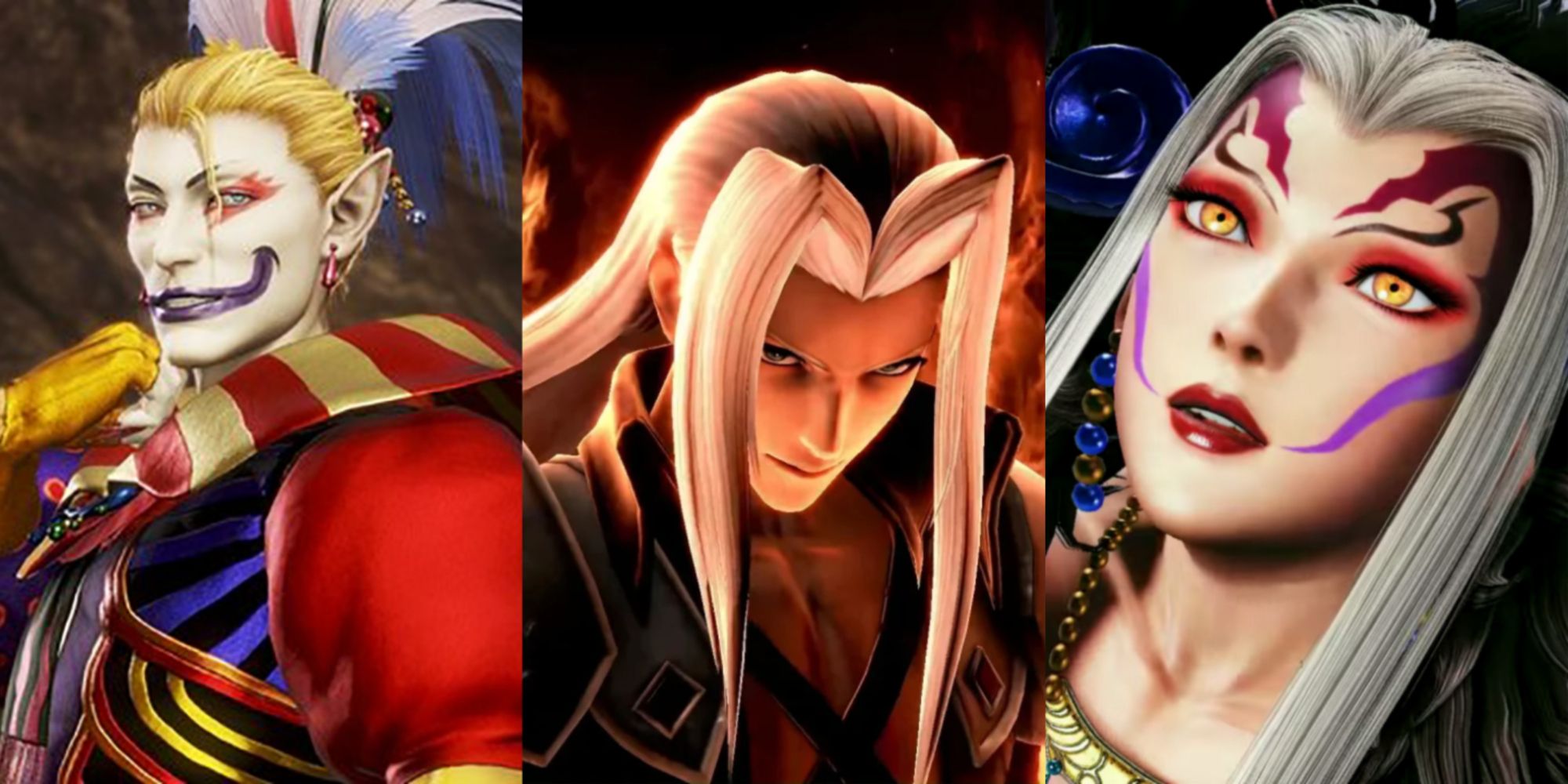
Related
10 Final Fantasy Villains, Ranked By How Fast They’d Obliterate The Average Person
Spoiler alert: they’d all get the job done pretty quickly.
As his physical condition continues to worsen, Genesis becomes disillusioned with Shinra. This places him several steps ahead of the conclusion that both Sephiroth and Cloud would eventually come to. Once a proud SOLDIER with his own fan club, Genesis is rendered so loveless that he embraces the dark side: if this world seeks his destruction, it goes with him.
3
Dhaos
Tales of Phantasia
Tales of Phantasia
- Released
-
December 15, 1995
- Engine
-
Unreal Engine 4
- Developer
-
Wolf Team
With his world destroyed by war and over-consumption of magic, Dhaos moves to Aselia. There he finds the same thing happening: nations are building huge magitech cannons that are bound to drain Aselia’s world tree, and cause the same mass death his world faced. When his peaceful plea to stop them fails, Dhaos chooses violence.
When he’s defeated, even the heroes concede that his goal was just. They transport his body back home with a mana seed to revive his world tree, fulfilling his dying wish. Dhaos was a nuanced antagonist at a time when most JRPG villains were just plain evil; his characterization is one of the many ways the Tales series used to defy tropes.
2
Solidus Snake
Metal Gear Solid 2: Sons of Liberty
- Released
-
November 13, 2001
- Engine
-
Fox Engine
MGS2 is one of the best games from 2001, and is often cited when discussing Hideo Kojima’s prophetic tendencies. The game ends on an upbeat note, with Raiden vowing to live life his own way and Snake giving a soliloquy about legacy.
On closer inspection, it’s so many empty words. Solidus Snake is the real hero of MGS2: he envisions a world free of digital manipulation, where perception isn’t controlled by the Patriots. Raiden is forced to kill him off because the Patriots have a better bargaining chip; whatever he claims, he ended up a slave to supercomputers.
Solidus’s methods were extreme, but as another iconic Metal Gear villain said, you can’t make an omelette while worrying about every last egg.
1
Dahau
Valkyria Chronicles 3
The third game set in the Valkyria Chronicles series, Valkyria Chronicles III takes place during the Second European War. It follows a dishonored Gallian Army squad as it fights against the Imperial invasion. Many of the same gameplay elements return from Valkyria Chronicles II.
The Valkyria Chronicles series has never shied away from the topic of racism, and maintains one of the best depictions of the matter. Darcsens are treated as second-class citizens in all of Europa: in the Empire, they deal with open hostility, while in Gallia and the Federation, they’re met with indifference at best.
The third game’s antagonist is hardly a villain. Dahau is an honourable man, managing an elite paramilitary group made up almost entirely of Darcsens. He dreams of creating a nation where Darcsens can live without facing persecution, and the Empire has promised him one. When his squad outmatches the protagonists, he refuses to capitalize and kill them all.
Unlike the other games in the series, Valkyria Chronicles 3 doesn’t end with you facing an artificial Valkyria or a big buzz-off tank. When you shoot Dahau, he keeps standing. Not because of superpowers or cutting-edge technology, but simply out of sheer force of will. God bless anime.
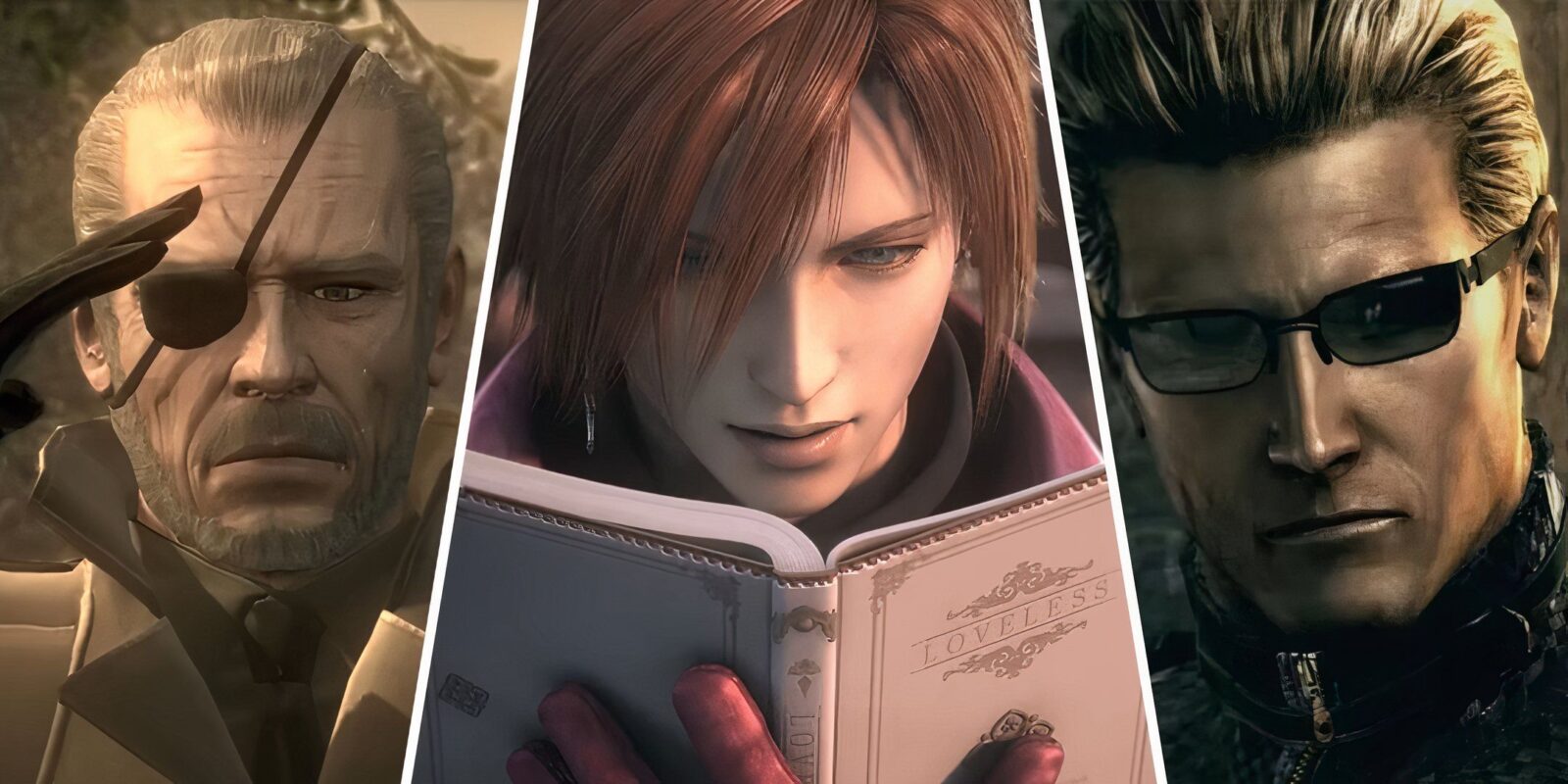

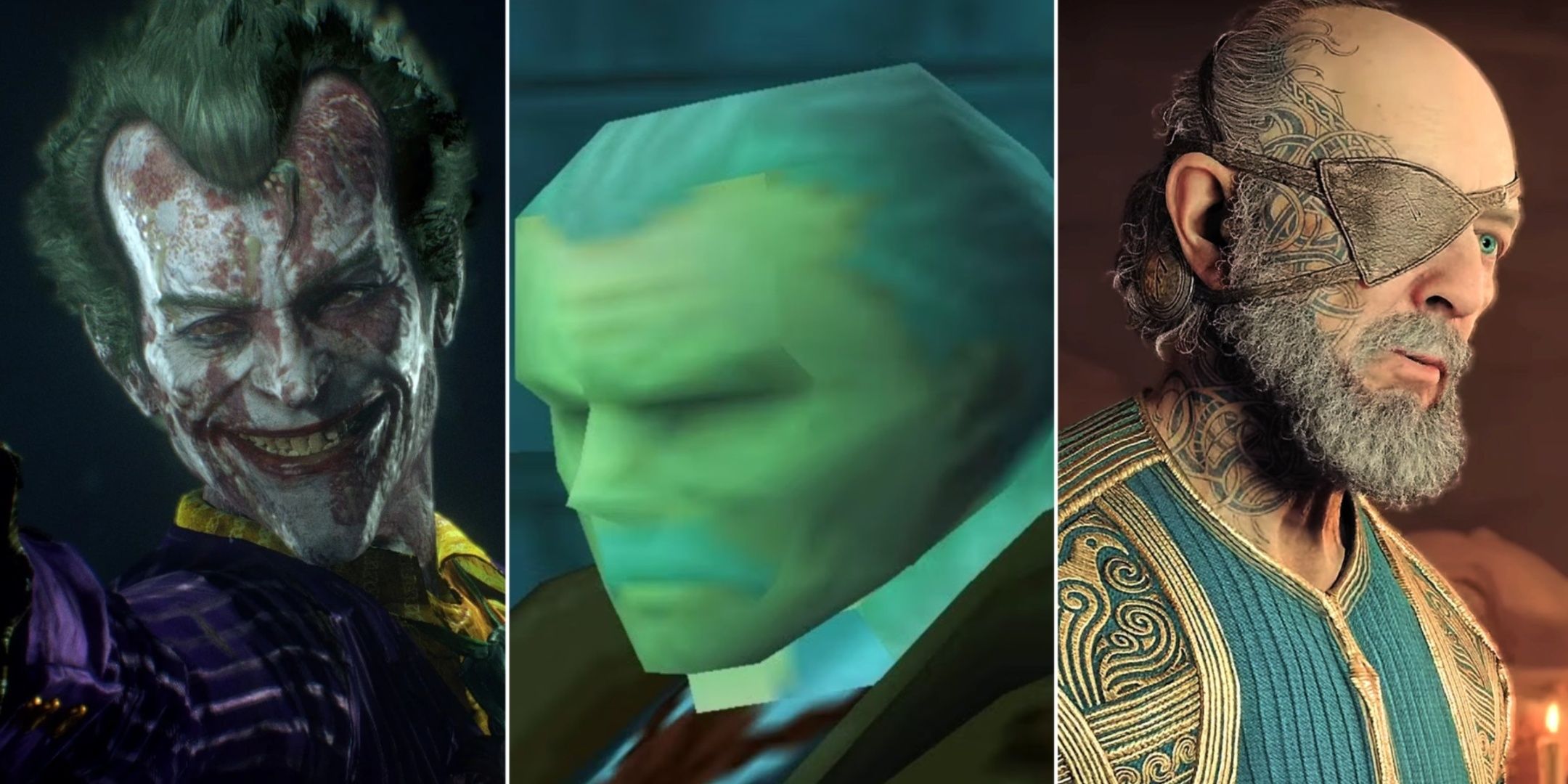
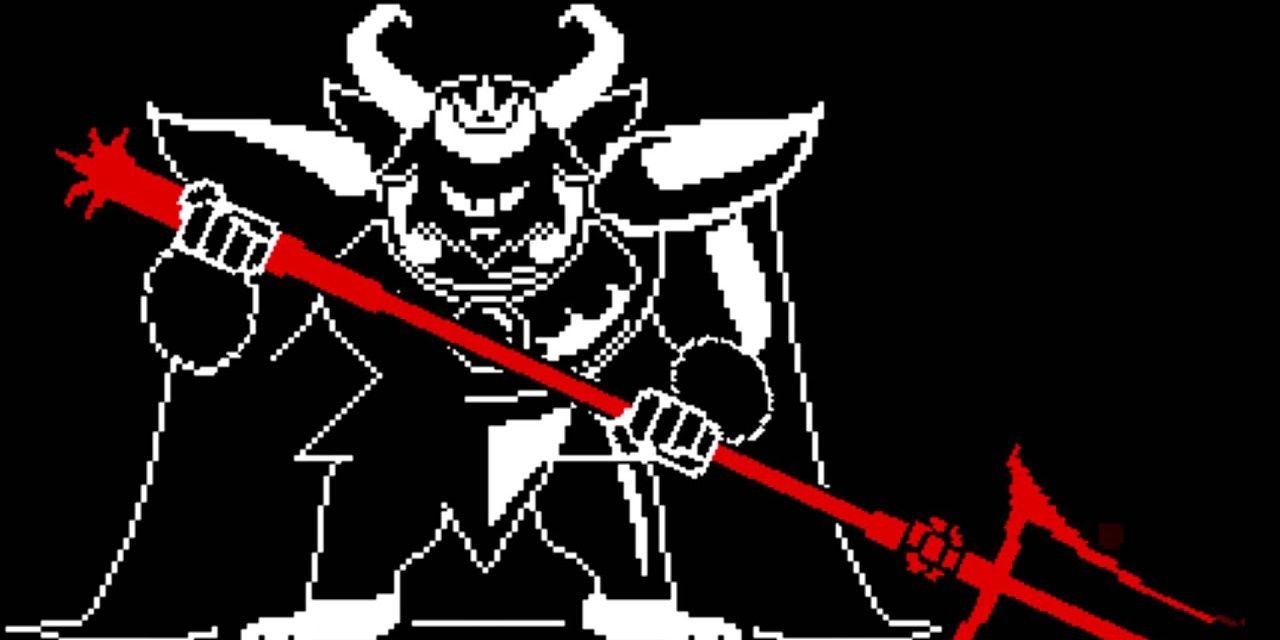
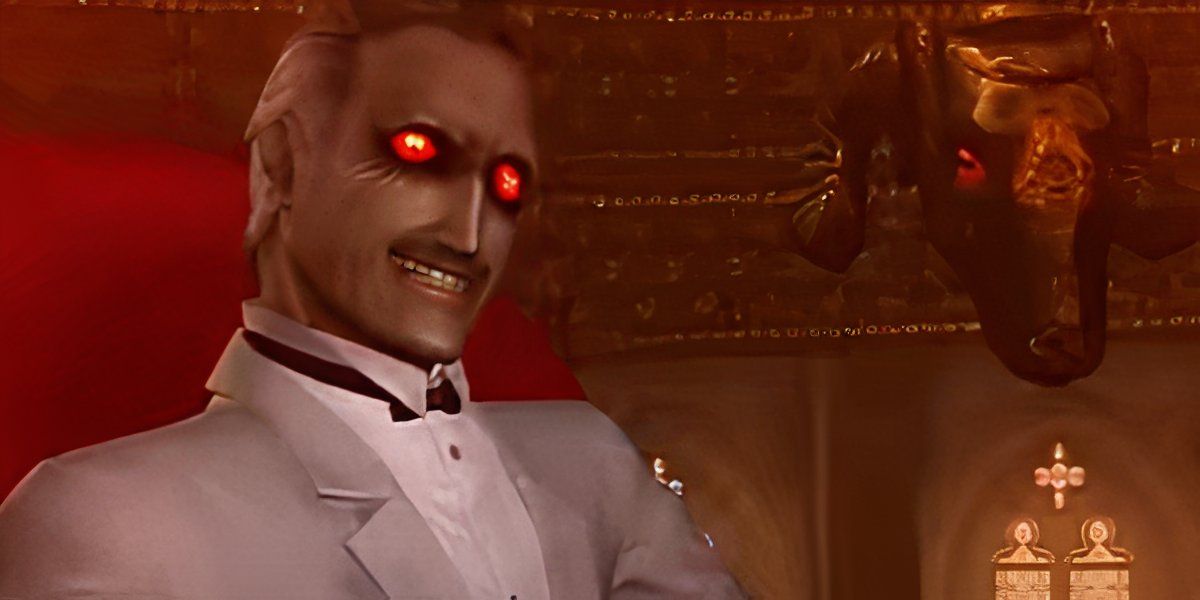
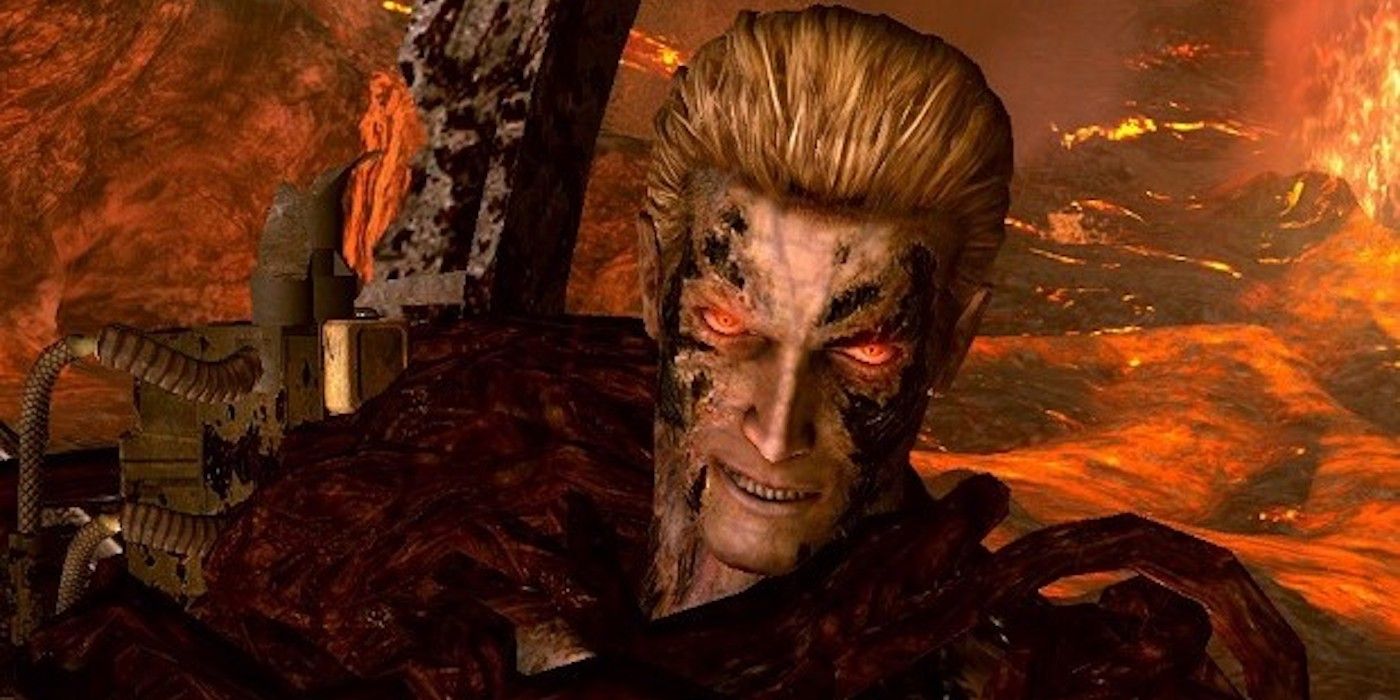
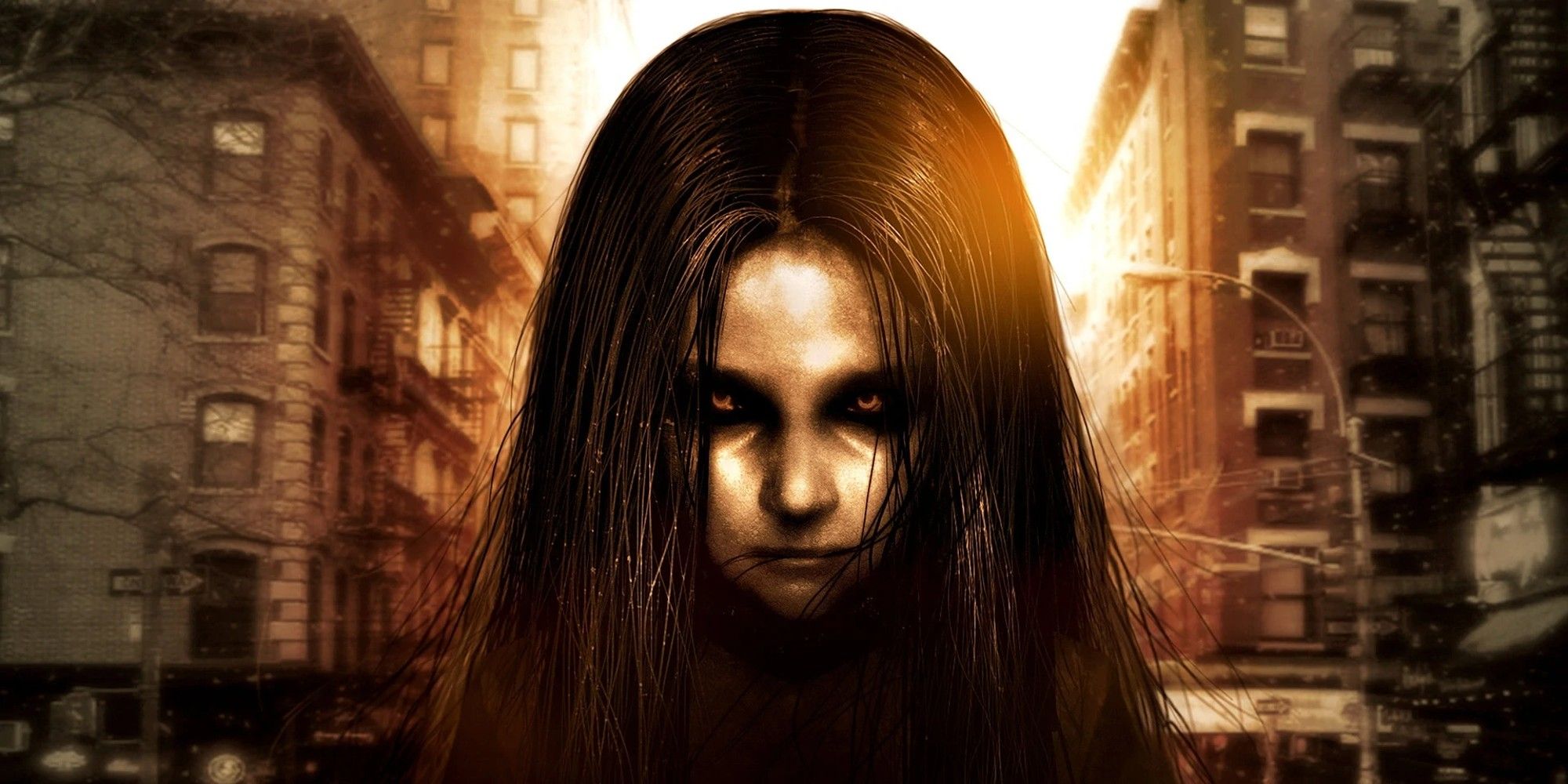
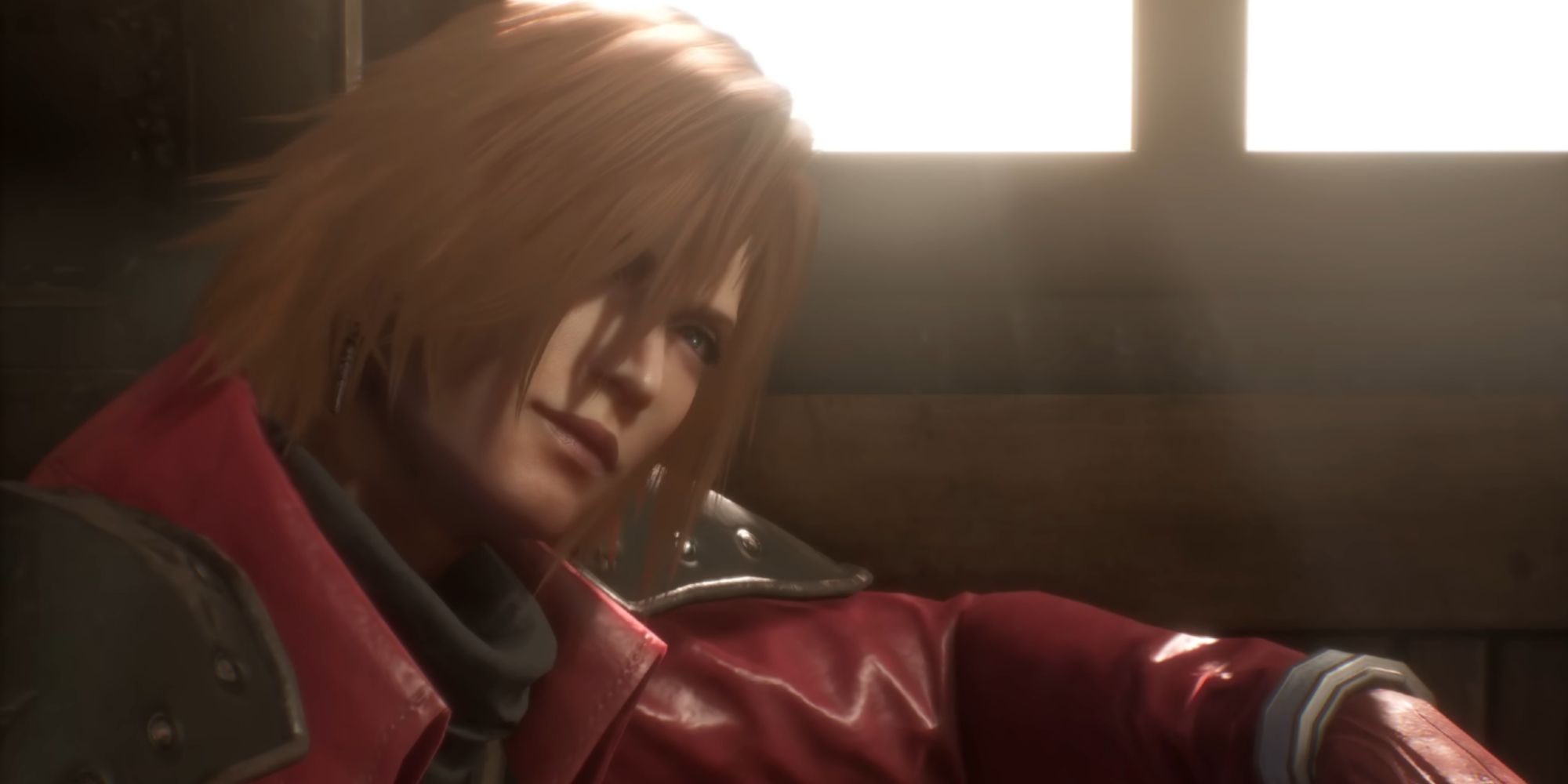
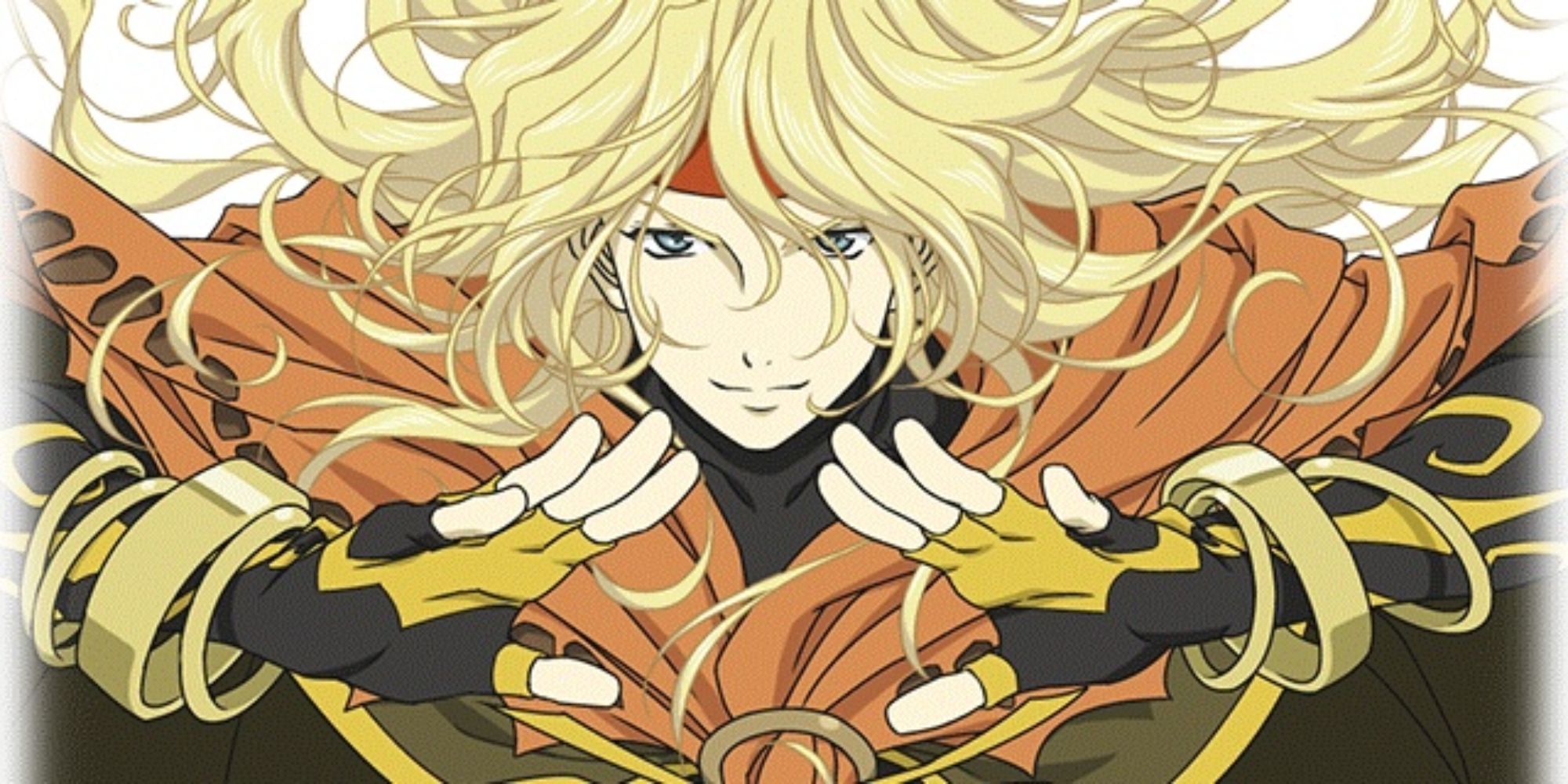
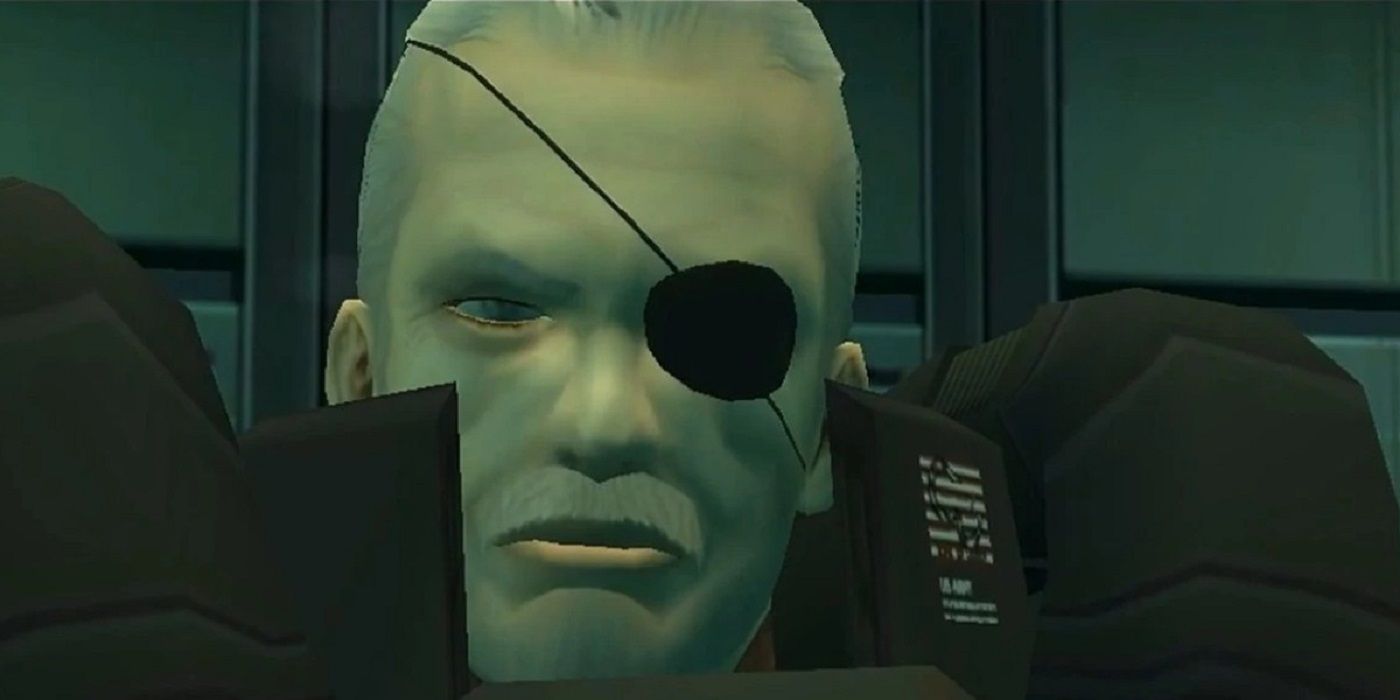
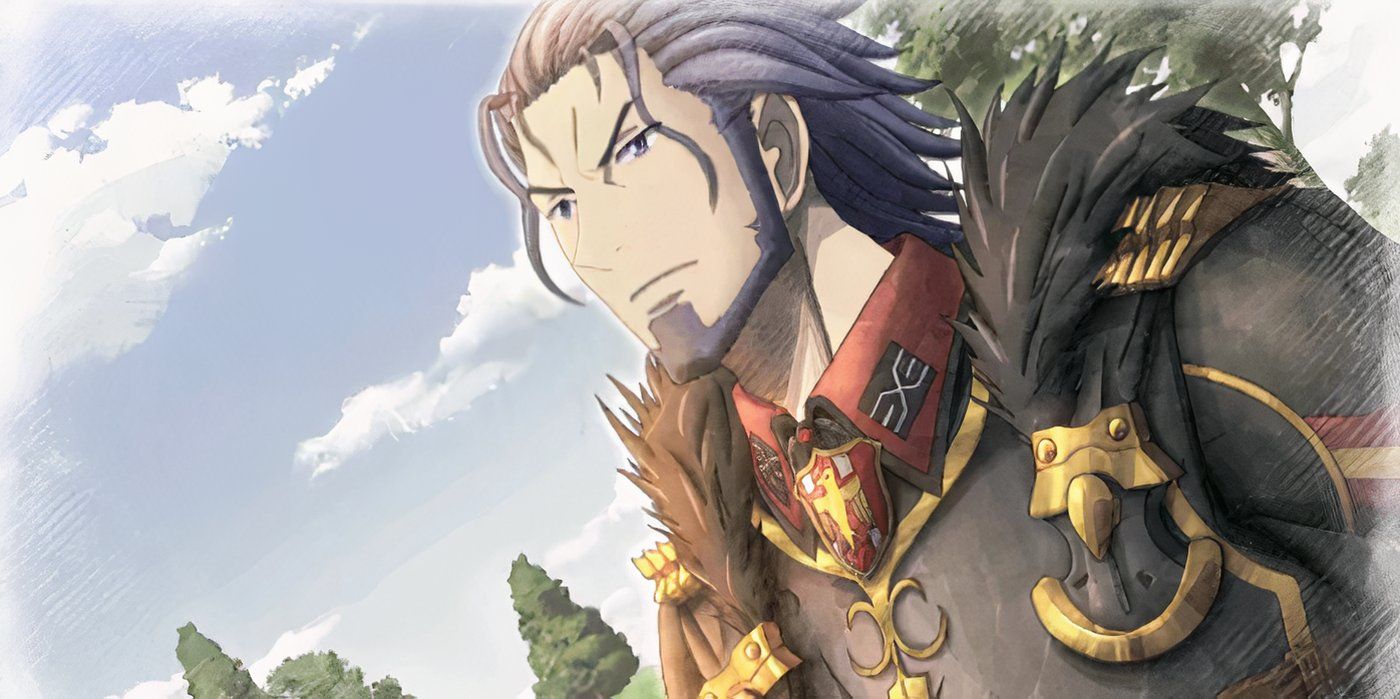
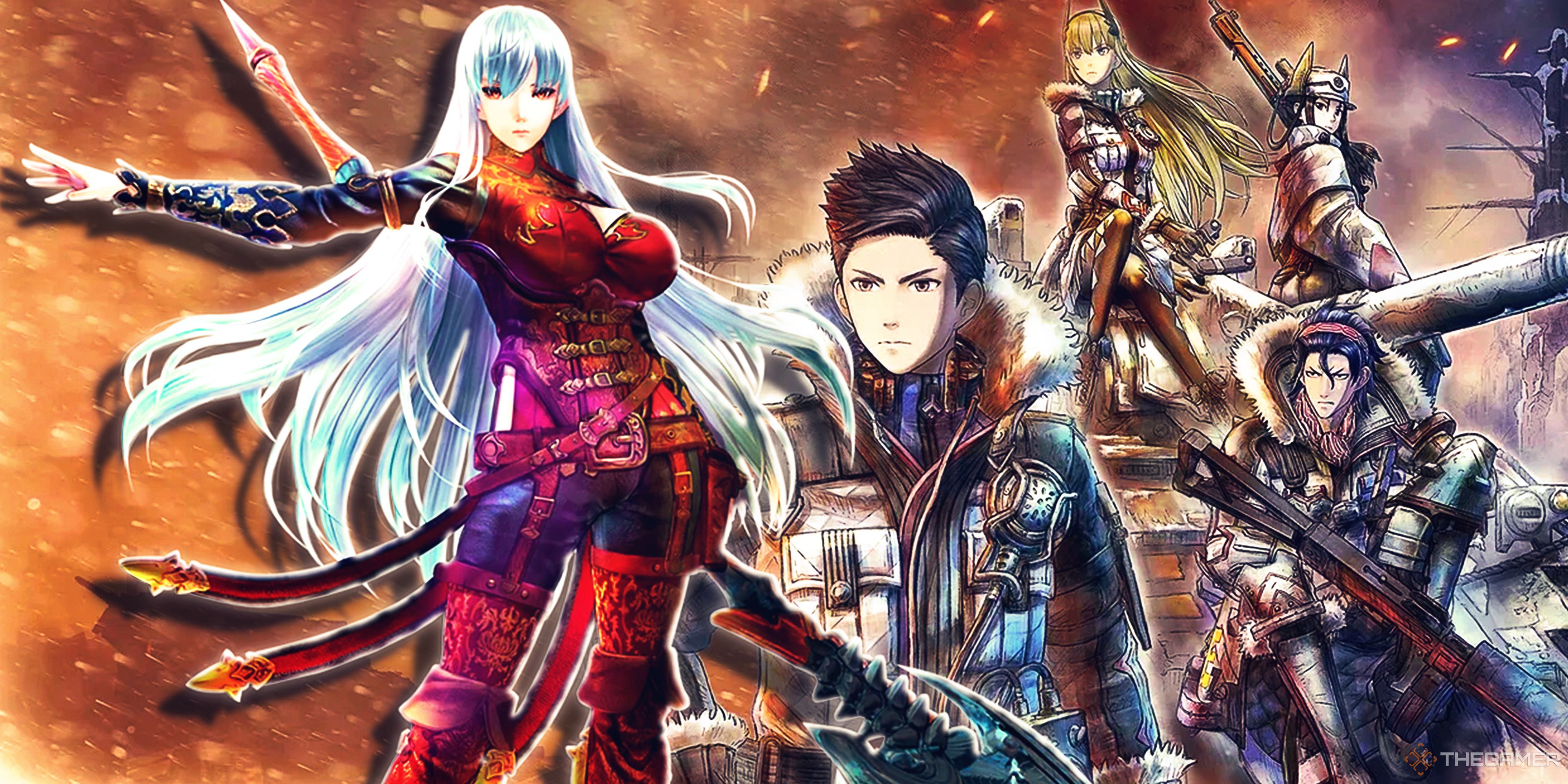


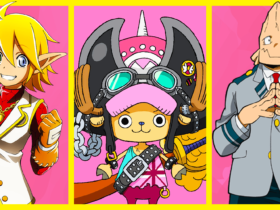


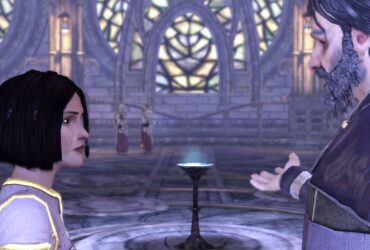

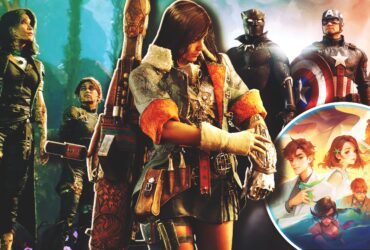

Leave a Reply